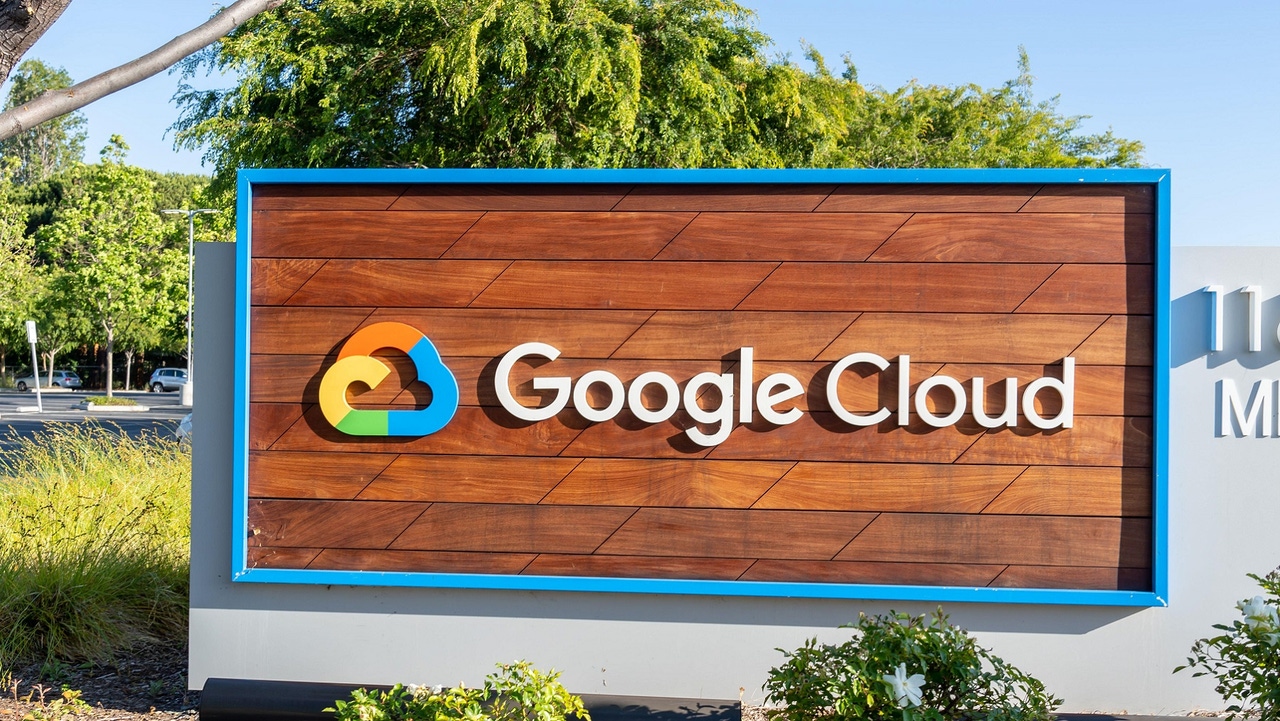Google Cloud Next '24: Advances in AI, Security, and InfrastructureGoogle Cloud Next '24: Advances in AI, Security, and Infrastructure
Google was busy during its Next ‘24 event, showcasing multiple product updates across its cloud services.

Google is hoping that what happens in Vegas, doesn't stay in Vegas.
Google Cloud Next '24 wrapped up last week in Las Vegas, with the cloud hyperscaler announcing a staggering array of updates across its ever growing portfolio of services. As expected, artificial intelligence dominated as the core theme, but it wasn't the only one.
At the Google Cloud Next event, Google announced a series of significant advancements across AI, security, and cloud infrastructure.
Here's a consolidated list of the key announcements that came out of Google Cloud Next '24:
AI and Generative AI Enhancements:
Introduction of Axion CPUs designed for AI optimization.
Launch of Google Vids, an AI-powered video creation app for work, as part of Google Workspace.
Announcement of Imagen 2, extending Google's image generation model to create short video clips from textual descriptions.
Introduction of Code Assist, a tool to help developers write and analyze code more efficiently.
Expansion of AI capabilities in core cloud infrastructure offerings, starting with security and databases, including the integration of Google's Gemini AI assistant with database offerings.
Security Enhancements:
New services and capabilities in support of AI-driven security, including Gemini in Security Operations, Gemini in Threat Intelligence, and Gemini in Security Command Center.
Launch of new capabilities in Gemini Cloud Assist IAM Recommendations, Key Insights, and Confidential Computing Insight.
Introduction of Chrome Enterprise Premium, combining Chrome with Google’s threat and data protection, zero trust access controls, enterprise policy controls, and security insights and reporting.
Cloud Infrastructure Updates:
Significant improvements in the AI Hypercomputer architecture, including performance-optimized hardware enhancements and storage portfolio optimizations for AI workloads.
Introduction of Hyperdisk Storage Pools, a block storage service for cost and compute efficiency, particularly for AI inferencing.
Google's CEO Sundar Pichai highlighted the company's deep investments in AI, which have positioned Google Cloud as a leader in the AI platform shift.
"Our investments in AI infrastructure and models help put us at the forefront of the AI platform shift," Pichai said during the opening keynote for the event.
Cloud Infrastructure: The Backbone of AI
The true star of the show, however, was the cloud infrastructure updates that are poised to redefine the landscape of cloud computing.
A major focus was on expanding options for compute workloads. This includes the introduction of custom Arm-based processors called Google Axion that are optimized for performance in the cloud. Axion will be available in preview over the coming months.
For general-purpose workloads, Google announced the C4 Compute Engine virtual machine family that is designed for high performance while allowing controlled maintenance windows for mission-critical applications. Also new is the N4 compute family for price/performance-driven workloads utilizing dynamic resource allocation.
For memory-intensive workloads, Google unveiled at Google Cloud Next ’24 the X4 family of memory-optimized instances currently in preview. At the other end of the spectrum, the C3 bare-metal instance provides direct access to underlying server resources for applications that need low-level hardware control. This will be available in preview as well.
Several storage updates were revealed during the event. The new Hyperdisk storage pools allow customers to purchase block storage capacity in a pool shared across workloads, with options for optimizing for advanced capacity or performance. Hyperdisk also now offers near instantaneous snapshots to enable quick backup and recovery. Zonal flexibility, instance family flexibility, and blended spot/on-demand usage were highlighted as ways Google Compute Engine is enabling more flexibility in storage and compute deployments.
Google Distributed Cloud Gets Smarter
Google also used the Next event to showcase how its edge and hybrid cloud offerings are maturing throughGoogle Distributed Cloud (GDC).
Google Distributed Cloud debuted in 2021 as an extension of the company'sAnthos technology, which enables organizations to run workloads in different cloud environments. Among the 2024 updates to GDC are new AI search and analytics capabilities leveraging Gemma open source models that can run at the edge or on-premises. Compliance certifications like ISO27001 and SOC2 have now been achieved for GDC. Also new is a managed intrusion detection and prevention service integrated with GDC infrastructure.
In addition, Google emphasized a new capability in GDC to run disconnected from the internet for up to seven days and provide offline management, ensuring accessibility during downtimes. GDC will now be offered through managed service providers including Clarence, T-Systems, and WWT. Additionally, GDC Hosted received authorization to host top secret and secret workloads for U.S. intelligence and defense agencies.
What was apparent from Google’s announcements at Google Cloud Next ‘24 was that they underscored the company’s ongoing commitment to enhance its infrastructure portfolio to support an array of customer workloads and use cases. The announcements showcased Google Cloud's strategy of meeting customers wherever they are, whether in the cloud, at the edge, or on-premises.
About the Author
You May Also Like








.jpg?width=700&auto=webp&quality=80&disable=upscale)
